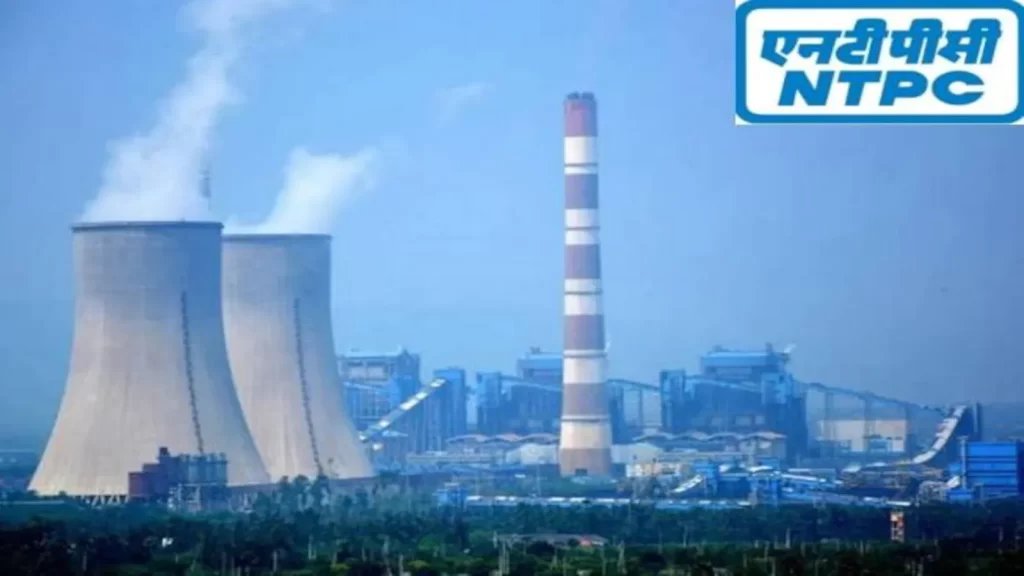In a collaborative effort to enhance efficiency and promote technological standardization in the energy sector, NTPC Limited and the Central Electricity Authority (CEA) organized a two-day national-level workshop. Held at the Power Management Institute (PMI) in Noida, the workshop focused on the “Standardisation of Technical Specification for Pumped Storage Projects (PSPs).”
Distinguished figures including CEA’s Member (Hydro) MAKP Singh and NTPC’s Director (Projects) KS Sundaram inaugurated the event alongside NTPC’s Regional Executive Director (Hydro) SN Tripathi and other senior officials.
Over 200 delegates from various Central Public Sector Undertakings (CPSUs), State PSUs, government departments, and Original Equipment Manufacturers (OEMs) participated in the workshop. Notable attendees included representatives from CEA, CWC, GSI, EDF, and international entities such as the Embassy of France and Ukraine.
Pumped Storage Projects offer an economical and domestically available energy storage solution that aids in balancing excess energy generation and meeting rising grid demand.
Throughout the workshop, discussions encompassed policy frameworks, statutory clearances, and innovative methodologies for PSPs. Heavy civil construction giants Tata Projects, L&T, and RVNL shared insights on technological advancements and risk-sharing measures for timely project completion. Greenko highlighted challenges in PSP development based on their experience executing the Pinnapuram PSP in Andhra Pradesh.
Equipment manufacturers Andritz Hydro and Voith Hydro emphasized the importance of involving OEMs from the conceptualization stage to streamline the design and manufacturing of electro-mechanical equipment.
The concluding session, chaired by CEA Member (Hydro) MAKP Singh, featured insights from NHPC’s Ex-Executive Director SL Kapil and NTPC officials. NTPC’s ambitious pursuit of 8900 MW of PSPs across the country underscores its commitment to sustainable energy solutions, with recent allocations such as the Upper Bhavani PSP (1000 MW) by the Government of Tamil Nadu marking significant milestones in this endeavor.





























